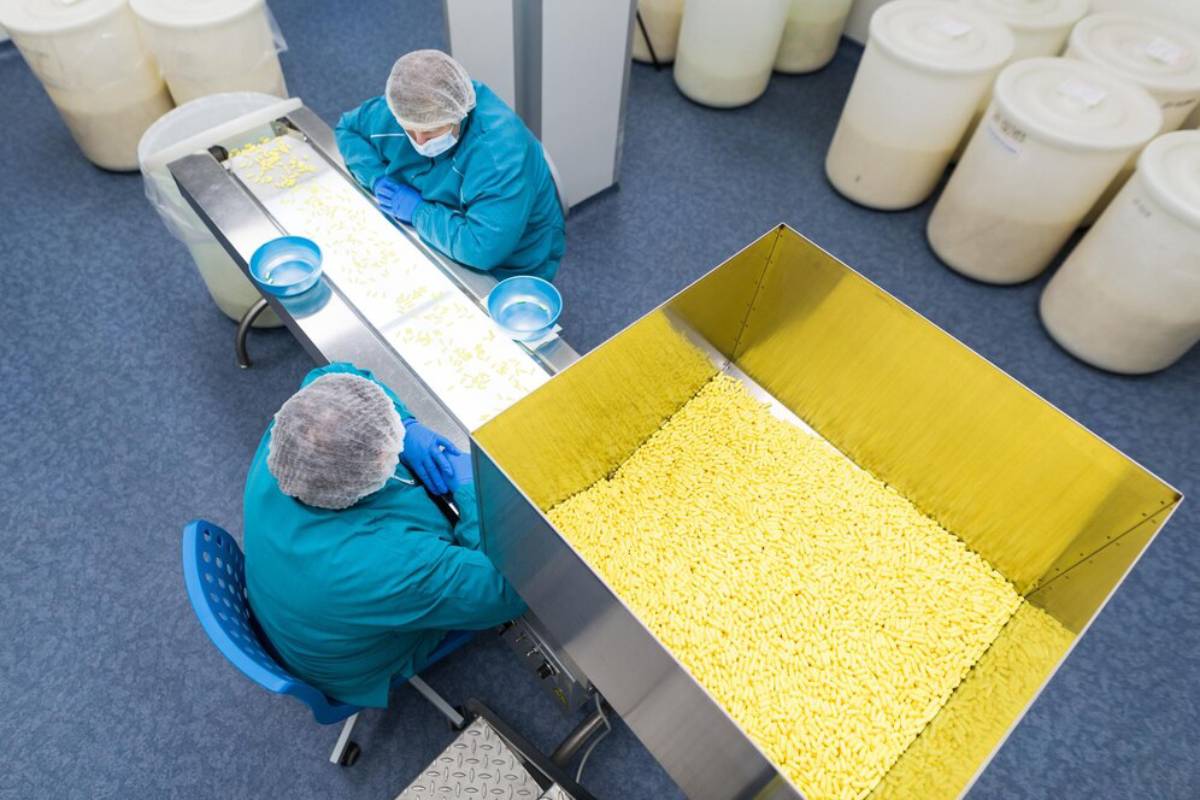
Understanding Food Allergies in Infants: A Comprehensive Guide
As parents, safety and health are at the top of our worry list when it comes to our infants. One of the many big concerns is food allergies. There is some incredible information on baby food allergies that can lead to some significant decisions on how to feed your baby. Food allergies can be frightening since they can trigger severe reactions. Yet, they are significant for infant nourishment and growth. So, in this blog, we will discuss baby food allergies. We’ll talk about how to introduce allergens safely. We’ll give you tips for helping to keep your infant’s diet safe.
It is more common than you may think for infants to have food allergies. They can manifest in various ways, from mild responses to serious anaphylaxis. Allergen introductions are a fret — we fret as parents. They also want to know how to recognise allergic reactions. This blog debunks common myths about food allergies in infants. Allergies can be tough. This guide helps parents understand them and gives tools to confidently manage their child’s diet.
Key Benefits / Why It Matters
Understanding the Prevalence and Impact of Food Allergies
Food allergies were estimated to affect up to 5–8% of children in the UK, with many cases presenting in infancy. Food allergies have become more common and, thus, are an important public health issue. This is where food allergies come into play. It assists parents in ensuring their child’s diet and prevents health risks.
Understanding food allergies is important because they can cause severe and life-threatening reactions. Anaphylaxis is a serious allergic reaction. It needs immediate medical help and can occur from just a tiny amount of the allergen. Informed parents can spot symptoms quickly. This helps them get medical help quickly, keeping their child’s health safe.
Real-Life Applications: Introducing Allergens Safely

Introducing allergens to an infant’s diet is a key step. It should be planned and done carefully. New guidelines say that giving kids allergens early, like peanuts, eggs, and dairy, can lower the chance of allergies. However, this needs to be done cautiously and under the supervision of a health professional.
A Learning Early About Peanut Allergy study found that adding peanuts to the diets of high-risk infants can significantly lower their chances of getting peanut allergies. This finding emphasises the importance of knowing when and how to expose infants to allergens. This can help prevent allergies from developing.
Additional Expert Tips & Common Mistakes to Avoid
Best Practices for Introducing Allergens
When introducing allergens, it is essential to do so one at a time, allowing a period of observation for any adverse reactions. Start with small amounts and gradually increase the quantity if no reaction occurs. Always introduce new foods at home, where you can closely monitor your infant and have access to medical assistance if needed.
It’s also advisable to introduce allergens during the day rather than at night. This timing ensures that any reactions can be observed and addressed promptly. Keeping a food diary can help you track new foods and reactions. This gives important info to healthcare providers.
Common Mistakes and Misconceptions
One common misconception is that delaying the introduction of allergens will prevent allergies. However, evidence suggests that delaying introduction may increase the risk of developing allergies. Introducing several allergens at once is another mistake. It makes it hard to tell which food caused a reaction.
Parents may also rely on allergy testing before introducing allergens. While testing can provide insights, it is not always definitive, and some allergies may not be detected. It’s important to use a clear method for introducing allergens, no matter what the test results say.
Advanced Insights / Expert Recommendations
Tailoring the Infant Diet for Safety and Nutrition
It’s important to create a balanced diet for infants. This diet should meet their nutritional needs and consider possible allergies. Breastfeeding is recommended for six months. It gives important nutrients and may help protect against allergies. When starting solid foods, include a mix of fruits, vegetables, grains, and proteins. This helps provide balanced nutrition.
If your baby has a family history of allergies, talk to a pediatric allergist or dietitian. They can give you tailored advice. These experts can create a custom plan. It will introduce allergens safely and ensure good nutrition.

Industry Perspectives on Managing Infant Food Allergies
Managing food allergies in infants is always changing. New research gives us fresh insights and advice. Healthcare professionals stress the need to stay updated on the latest guidelines. They also encourage proactive management of possible allergies. Education and awareness are key components in reducing the incidence and severity of food allergies.
The food industry is now focusing more on allergen-free products. Clear labelling helps parents make better dietary choices for their infants. This trend shows a strong commitment to helping families manage food allergies well.
Conclusion: Empowering Parents to Manage Infant Food Allergies Confidently
Understanding food allergies in infants is crucial for parents. It needs careful thought and proactive management. Parents can stay informed and follow best practices. This helps them introduce allergens safely. They can also provide a nutritious diet for their infants.
Parents should stay involved with healthcare professionals as research changes. It’s key to keep up with the latest recommendations. By doing so, they can ensure the health and well-being of their children, paving the way for a healthy future.
We urge parents to talk to healthcare providers when adding allergens. Also, keep an eye on how their child reacts. Let’s work together to make a safer place for infants. This will help cut down on food allergies and build a healthier generation.
What steps will you take today to better understand and manage food allergies in your infant’s diet?